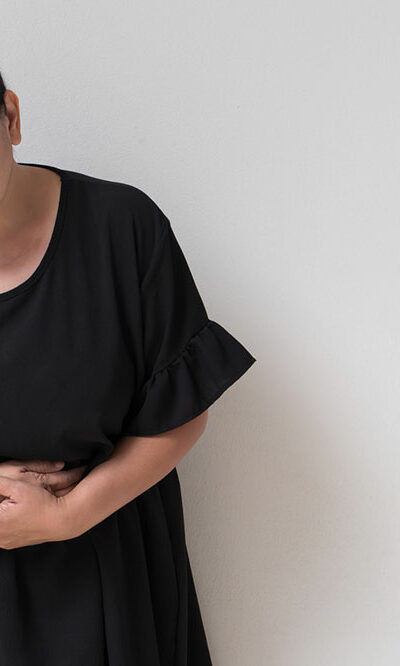7 common questions to ask an oncologist

If you have recently been diagnosed with cancer, it is understandable that you might have a lot of questions and doubts in your mind. However, the specific queries of each person fighting the battle against this disease will vary. It can be challenging to determine what to ask the consulting professional to get a clear picture of the condition and its related treatment plan. Here’s a compiled list of questions for an oncologist after the first cancer diagnosis.
What is the name of my cancer or condition?
When you meet with your doctor on your first appointment, they must clearly explain your cancer diagnosis, including the name, type, and stage. This information will further determine your treatment plan and help in the prognosis. To prepare for a proper appointment, writing down your health history, including symptoms, past illnesses, and treatments, and collating all the past tests is helpful.
Is it slow or fast-growing?
The growth rate of tumors can change depending on the class and stage of the disease. Each case is unique, and the metastasizing can also be influenced by individual factors such as the type of cancer and the present condition of the disease. Confirm with your doctor whether the malignancy can be slowed down if it progresses and can be cured with a systematic treatment approach. If so, ask him about the therapy options.
Should I get a second opinion?
Cancer is a severe disease. Still, patients often avoid asking for a second opinion out of concern for their doctor’s feelings. However, not all physicians master knowledge in every area of cancer and have their specialty. Consulting a doctor specializing in the type of cancer a patient has can provide them with more detailed information about treatment options.
What are the benefits and risks of getting a diagnostic test?
After getting diagnosed with cancer, your doctor will suggest various health tests to gather more information about your condition. It is essential to ask your oncologist about the benefits of specific tests and whether there are any associated risks.
What are the treatment options?
Depending on the test results, your doctor will devise a single or combination of treatment approaches that can help manage your cancer type. The therapies vary according to the kind of tumor and its stage. The doctor will also inform you of the side effects and the course of these treatment methods.
Should I join any clinical trials?
Many types of cancer still do not have generally approved treatment methods. Despite the advancements in existing healthcare interventions, clinical labs are always running trials. To volunteer in these programs, you can ask your doctor for more information. If you are eligible, your physician can recommend the trial to participate in, according to the type of cancer.
How much does the treatment cost?
Cancer treatment can be expensive. If your doctor recommends a specific therapy, asking about the total cost in advance is essential.
These are the seven questions you can ask an oncologist to make an informed decision about the treatment options. The answers to these queries are sufficient to clear most of the common doubts regarding the health condition. However, always go for a second opinion from an expert doctor with a specialty in your type of cancer; this confirms the disease and opens new opportunities to seek treatment options.







